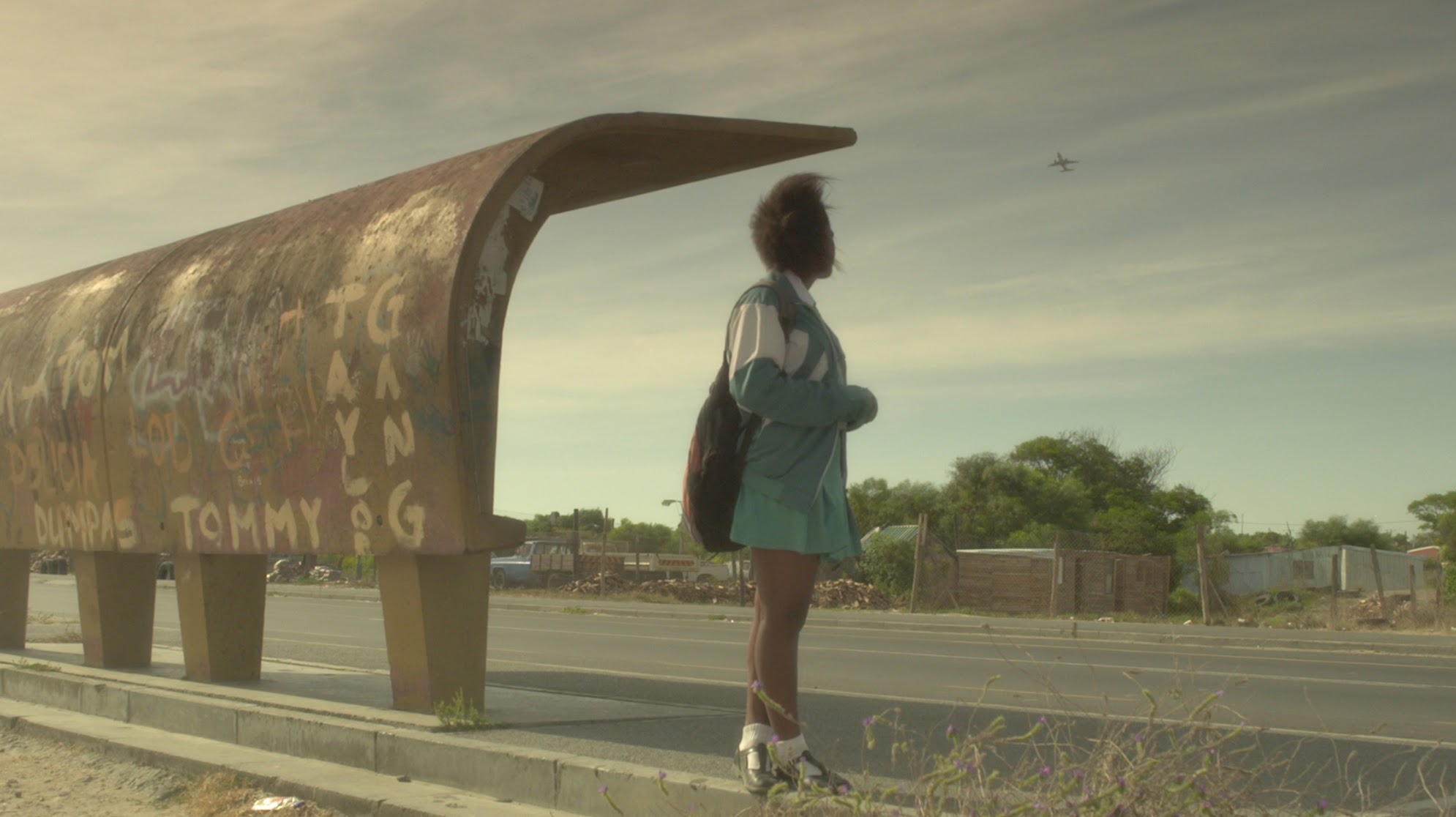Stone Cars takes a simple premise and spins it into sophisticated drama. The film, which premiered at last year’s Cannes Cinéfondation, follows a teenage girl growing up in a dangerous South African township, who makes a difficult decision after a traumatic event.
Aside from its stellar performances and cinematography, one of the great pleasures of this film is its strong grasp of visual storytelling, which creates a rich setting without sacrificing momentum. From the opening image, which perfectly frames the conflict, each meticulously-crafted scene builds to the film’s harrowing and unexpected climax.
Still more impressive is a denouement that continues to complicate the narrative, even as it struggles to resolve it. On watching the film a second time, I was reminded of another memorable ending, this one to a poem by Tony Hoagland;
“as long as there is desire we will not be safe.”
This is a conservative reading of the film, one that is rooted in a fairly negative, fixed view of human nature. A feminist might say that, in a patriarchal society that fails to value or protect women’s rights to bodily integrity and sexual agency, the very idea of consent is corrupted. The boyfriend and the criminal thus become parts of the same ambivalent spectrum of masculinity.
The brilliance of this film is that, as in life, both of these readings are valid. This is great cinematic storytelling; the kind of simple paradox that can haunt you for years.
Director Reinaldo Marcus Green has only just begun to flex his cinematic muscles; Stop, his outstanding and deeply-important follow up, will premiere at Sundance this month. Put simply; these shorts herald the arrival of a challenging, intelligent and much-needed new voice in American independent cinema. You should watch them.

 Jason B. Kohl
Jason B. Kohl